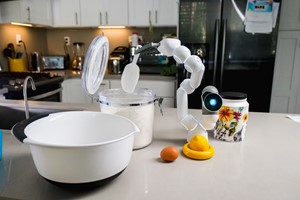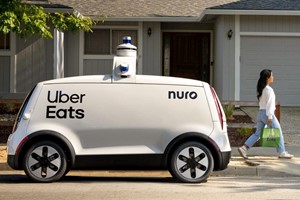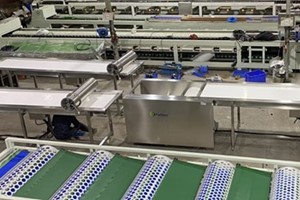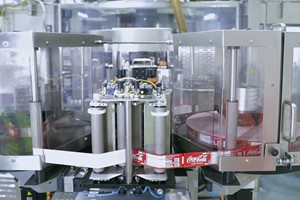Journey Foods is on a mission to transform our food system, one product at a time. Its database of over 17B data points on millions of food products and ingredients is helping companies optimize the complete lifecycle of products, from ideation to market.
Future-proofing food
Lynn notes direct links between the ways we now grow, produce and consume food — particularly, the many new types of foods we weren’t eating 100 years ago — and major drivers of climate change, diabetes and mental health issues (among other problems). She says those factors, rather than addressing the ongoing issues with global supply chains (a secondary benefit of the platform), were the impetus for creating an actionable database for helping the biggest names in food make impactful decisions about food products.
“The focus on actionability was around the fact that you won’t get a $3 trillion industry to turn over if you don't make it easy,” she says. “The focus is on the ‘what’ and ‘how’ of these products. Supply chain and cost is the next step.”
The nuts and bolts
With big data powering so many other aspects of modern life, it makes sense that there’s a major opportunity in food, ripe for the picking. Lynn says that since its launch, Journey Foods has scanned more than two million food products, recipes and ingredients — totaling more than 17 billion data points. For companies using the platform, each data point informs a path to streamlining product development.
The platform combines AI, machine learning and its ever-growing data pool to not only solve food science and supply chain inefficiencies, but also inform new ways for food companies to make their products more cost-efficient and planet-positive from start to finish — often saving the customer many months and trials in the process.
Empowering the food workers of the future
Journey Foods’ JourneyLabs initiative is giving students across the country opportunities to not only work with food data but find their niche within the field — which ideally will lead to the necessary jobs of tomorrow.
Lynn notes that building a diverse and driven workforce is key to the success and sustainability of the next frontier of food; and programs such as JourneyLabs put those opportunities front and center. For example, the partnership with Columbia will lead to the production of new 3D-printed food products. JourneyLabs will also offer early-stage companies and founders’ access to critical data tools to help them grow.














